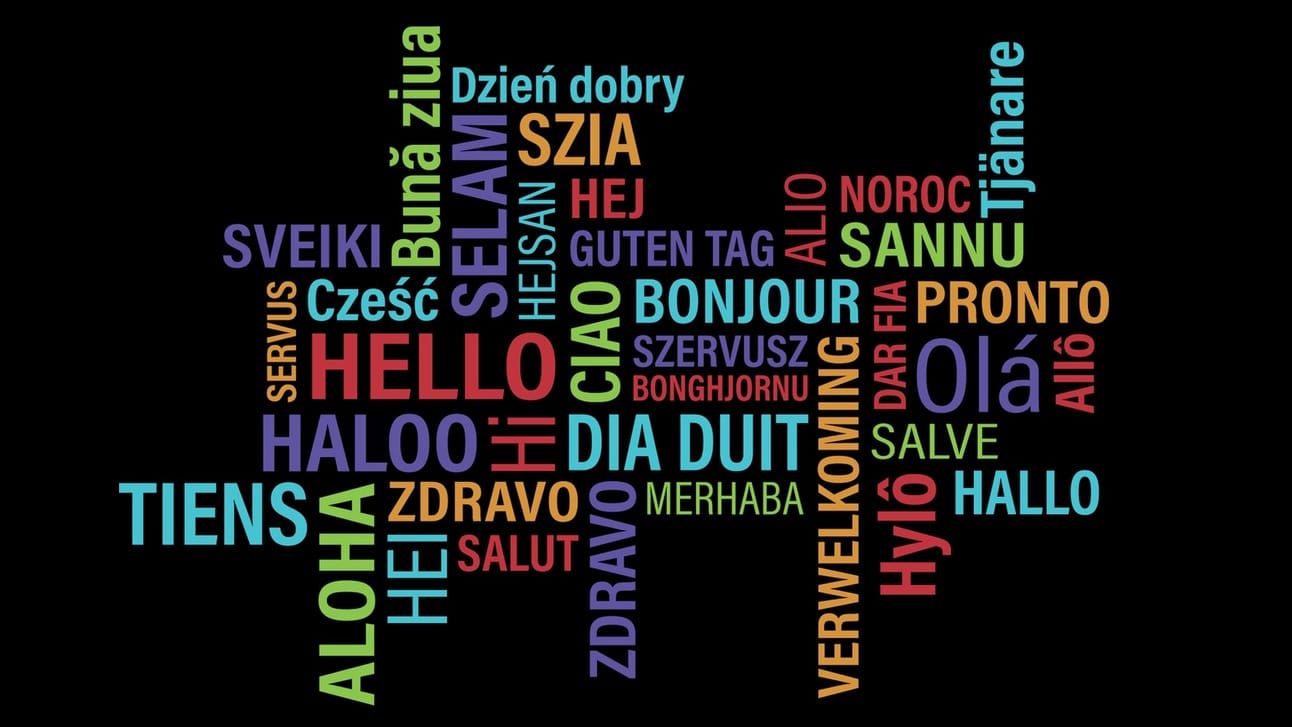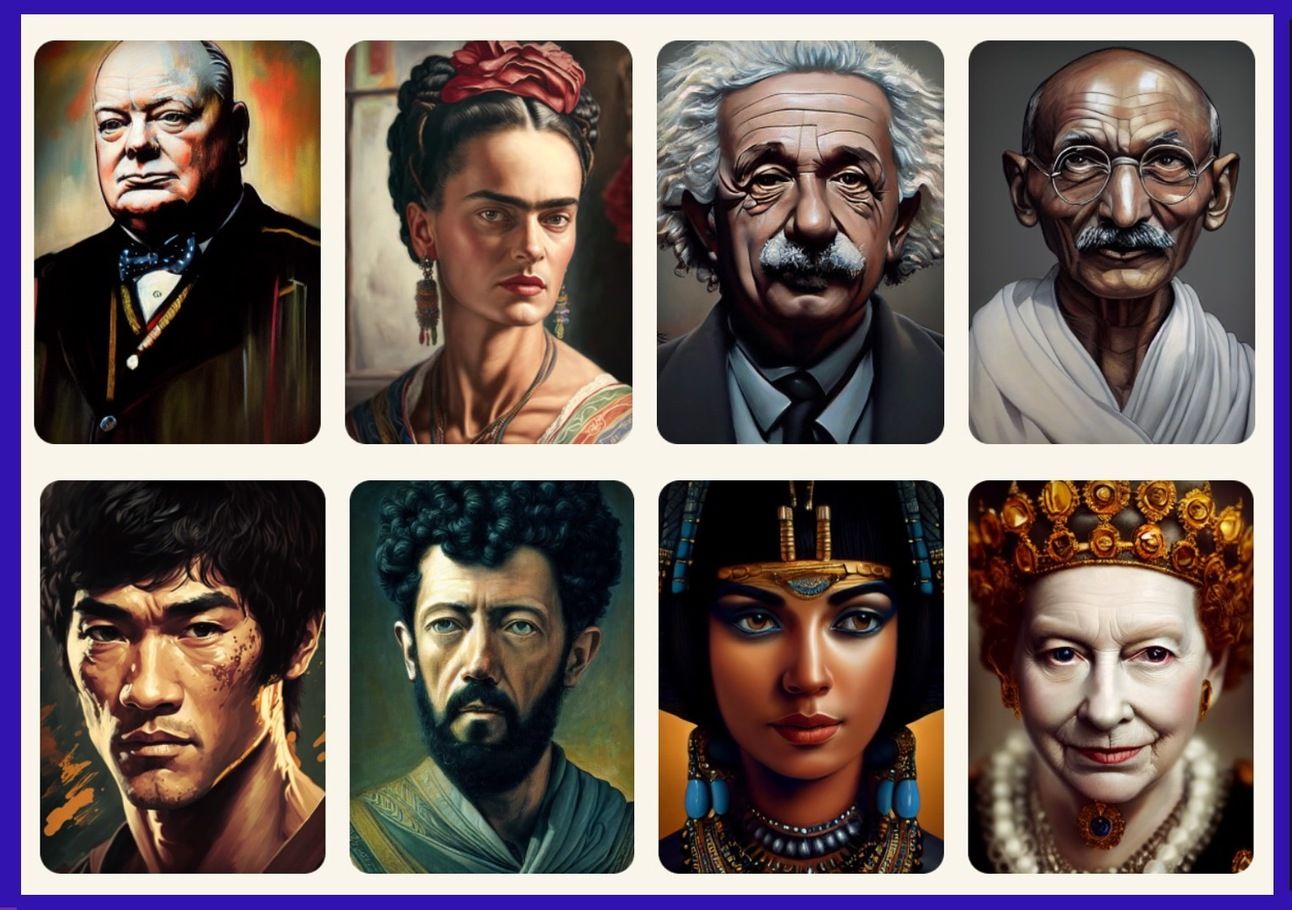- Here.Now.AI.
- Posts
- Immerse yourself in AI brilliance
Immerse yourself in AI brilliance
A weekly newsletter created by inquisitive minds for inquisitive minds.
Happy Leap Day!
Think of today as a surprise bonus track on the album of the year, playing every four years to keep our seasons in sync … and ensure that time doesn't skip a beat.
We’re not skipping a beat either, in our quest to bring you the latest practical AI tools. In this week’s edition, we’re exploring a new AI-powered app for car shopping, a language translation tool that’s ‘seamless’, AI chatbots for all you history buffs, and a fascinating new way to create your own music.
Intrigued? Let’s dive in!

Source: DALLE-3
AI-powered Auto Shopping
The rise of AI assistants is set to transform the retail experience, from fashion to dining, real estate, and entertainment. One area that’s primed for a serious disruption is car buying. Let’s face it-- no one really enjoys the time-consuming legwork and haggling that often accompanies shopping for a new or used car.
Chicago-based CoPilot, (not to be confused with Microsoft CoPilot) recently launched the car market’s first-ever comprehensive AI-assisted car shopping app. According to CoPilot CEO and founder Pat Ryan, the process of buying a car takes the average consumer six months from start to finish.
With its AI-assisted shopping experience, CoPilot is redefining the journey from the showroom to the driveway. Here's how it works:
Personalized Recommendations: CoPilot uses AI to understand your preferences, from budget to body type, color, engine, and more.
Comprehensive Analysis: Each recommendation provides a detailed rationale, highlighting the vehicle's strengths and potential concerns.
Geographically Aware: Finds vehicles based on your location, ensuring relevance and convenience.
Unbiased: CoPilot says it maintains impartiality; dealers cannot pay to influence the AI's recommendations.
2024 is expected to be a buyer’s market for new cars after a string of rocky years when prices skyrocketed to record highs. Now might be a great time to shop for a car with help from AI.

Credit: Pixabay
Seamless AI Translation
Back in November, we shared an impressive video translation app - HeyGen. We were amazed by its lip-synching abilities, but it took some time to prepare the translation.
Meta’s new Seamless Expressive app is intended to advance the AI approach to video translation offering near-simultaneous speed, and emphasizing the conveyance of emotions and nuanced expressions often lost in traditional translation methods.
We took it for a spin, briefly trying joyous English to French, and angry English to Spanish. While the translations certainly met the “speedy” test, we’re not convinced that the emotions were fully captured. The app helpfully provided the “non-expressive" and “expressive” translations side by side, so a direct comparison was possible.
It costs nothing, and is fun and easy to use. We think it’s worth playing with, although like many new AI apps, it’s not yet the perfect end product. But it is a useful indicator of the direction seamless translation is heading.
You can share your efforts by message or email, or post them to social media. Enjoy!

Credit: Hello History by Humy
History-making AI
Calling all history enthusiasts. Ever wish you could travel back in time and meet your favorite historical figure? Everyone from Socrates to Shakespeare, Cleopatra to Copernicus, Albert Einstein to Abraham Lincoln.
Ok, we’re not there yet… but it looks like we’re a step closer with the magic of AI.
Hello History is an AI-powered app that makes learning about the past an interactive and deeply personal journey. The creators behind Hello History (Swedish company Humy) believe history should be alive and accessible to everyone, from the intricacies of ancient philosophy and the breakthroughs of science to the complexities of politics and beyond. Using the advanced capabilities of GPT-4 AI technology, Hello History can transform historical curiosities into interactive adventures.
How It Works:
Select Your Historical Figure: Browse and choose from a wide array of personalities across different eras and fields.
Start the Conversation: Initiate a dialogue, ask questions, or propose topics to discuss with your chosen figure.
AI Customization: The AI tailors each interaction based on your interests, ensuring a personalized and engaging experience.
Immersive Learning: Dive deep into discussions, share ideas, or engage in debates, making each conversation not just informative but truly immersive.
If you enjoy trying this app out, a subscription via the Apple App Store will cost $6/month.
Hello History isn't just for those passionate about the past; it's also a revolutionary tool for teachers. For a look at how Humy works in a classroom, you can watch this video here. Humy provides lesson plan and content generation, along with personal AI tutoring that can be tailored to the curriculum.
Why just read about history when you can have a direct dialogue with it?

Credit: Pixabay
Google’s Music Groove
Ever of dream of being a composer and creating melodies that echo your thoughts and feelings? Google's MusicFX, launched last December as part of its AI Test Kitchen, is turning that vision into reality for aspiring musicians everywhere. The platform enables users to generate music loops, dive into creative prompts, and share their unique compositions, all with the ease of a few clicks.
In select countries, including the US, MusicFX can transform text prompts into music, embedding each piece with a digital watermark to ensure originality while preventing copyright issues with existing artists. Remarkably, over 10 million tracks have already been created!
How it Works:
Prompt Creation: Users enter a text prompt to describe the song they want to create. Google also suggests prompts like “industrial techno sounds, repetitive, hypnotic rhythms.”
Music Generation: MusicFX automatically crafts two 30-second snippets, with options to extend or loop.
Customization: Below the prompt, a word cloud offers suggestions for moods, genres, and instruments to refine the piece (e.g. “soothing”, “soul”, “funk”, “jazz” or “saxophone”).
We gave it a try with a simple prompt: "cello for falling asleep" resulting in a surprisingly soothing track. You can listen here. But not all attempts hit the mark, especially when asking for particular instruments.
Then we tried a more elaborate, vivid description for a prompt: "instrumental background sounds for a scenic stroll down a country lane" for an extended 70-second loop. Listen here.
TBH, the tracks are a bit boring with little variation in the melody. But remember, these are early days with generative AI. We encourage you to give it a try – it’s worth exploring your musical creativity and getting a taste of what personalized music creation in the future might be like.
AI in the News (in case you missed it)
AI could make the 4-day work week a reality. Read here.
How AI-generated books are impersonating real authors. Watch here.
AI predicts Alzheimer's seven years early. Read here.
New AI startup Sierra aims to revolutionize customer service. Read here.
Perplexity launches a 100% AI generated podcast summarizing tech news in 3-4 minutes. Listen here.
Did you receive this from a friend, colleague, or family member? Please subscribe.
Have you tried a new AI-powered product? Let us know what you think.
Know anyone who might like our newsletter? Forward it , and help grow our community!
Here.Now.AI Editorial team: Lori, Justin, and Lisa